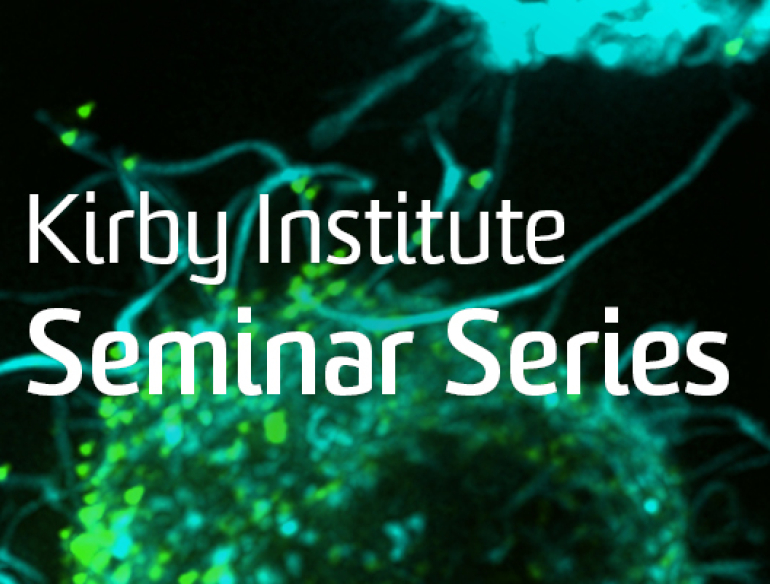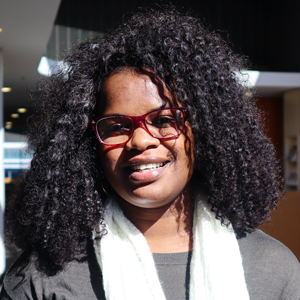Location:
Berg Family Foundation Seminar Room, Level 6, Wallace Wurth Building, Kensington Campus, UNSW Sydney
Contact for enquiries
Rata Joseph, +61 (2) 9385 0900 or recpt@kirby.unsw.edu.au
Kirby Institute Seminar Series presents
Abstracts
Mathematical modelling to understand antimalarial drug action and host immune responses in malaria
Ms Rosemary Aogo
Malaria still remains a global health problem and is responsible for approximately half a million deaths every year. Successful immunological and drug interventions are urgently needed to better control infection. In this talk, I will present some of the key findings of my thesis, where I investigate the mechanisms of action of existing and novel antimalarial drugs and host immune responses in controlling infection.
The effect of host inflammation on malaria parasite growth in vivo
Mrs Lianne Lansink
It has become increasingly apparent that asexual intra-erythrocytic Plasmodium parasites can sense and respond to environmental changes in the mammalian host, for example, in nutrient availability. We previously reported host-mediated slowing of the intra-erythrocytic developmental cycle (IDC) during P. berghei ANKA infection in mice. Here, we hypothesized that host pro-inflammatory responses themselves could induce impaired maturation.
Consistent with this, systemic treatment of mice with LPS, but not CpG or Poly I:C, triggered impaired in vivo maturation of parasites, which correlated with plasma TNF/IFNγ levels. In vitro culturing experiments suggested the presence of an inhibitory factor in plasma from LPS-treated, or acutely-infected mice. To study responses to host inflammation by heterogeneous, asynchronous, populations of Plasmodium parasites, we constructed a Plasmodium single-cell RNA-seq reference atlas in rag1-/- mice that lack pro-inflammatory responses. Lineage tracing reconstructed a circular progression from early to mature stages, and suggested greater transcriptomic plasticity in ring stages than in schizonts. Ongoing scRNAseq studies will compare the transcriptomic responses of parasites in the presence or absence of a host inflammatory response.



